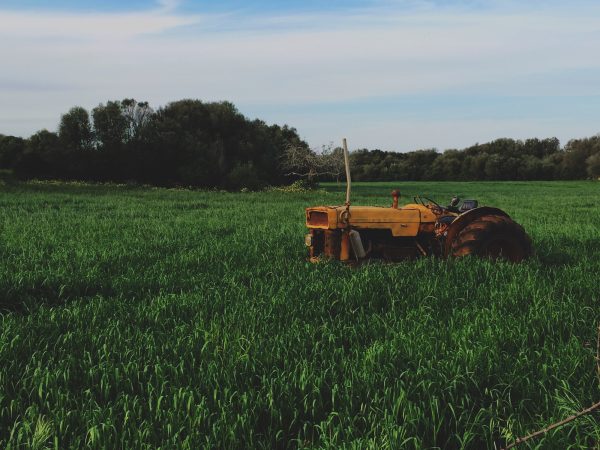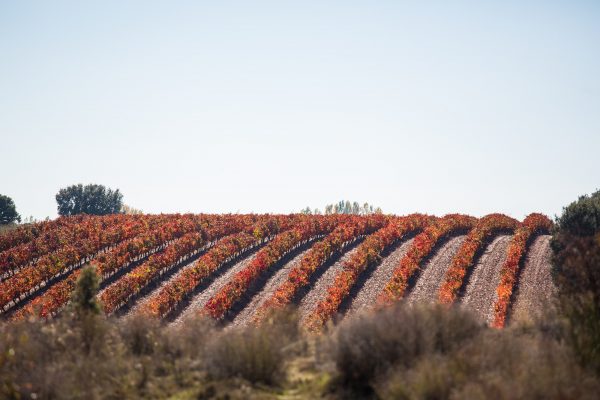Eating is a cultural, social and biological phenomenon. We are what we eat, but what we eat also shapes who we are. In studying the history of food, our aim is not to produce monographic studies – a history of the potato or the sweet potato, for example. Rather, with the emphasis on an open, interdisciplinary perspective, we seek to answer questions such as why people eat bread with meals in Spain, or why people sit on chairs while eating. This strand of research is characterized by a cross-cutting approach, given that it can involve studying any period and any inhabited space, and that it draws on a wide range of sources, from archaeology to archival documents and even the memories of older people. Researchers in this area focus on the way past societies related to food and the role food plays as a vital aspect of the culture of peoples.






